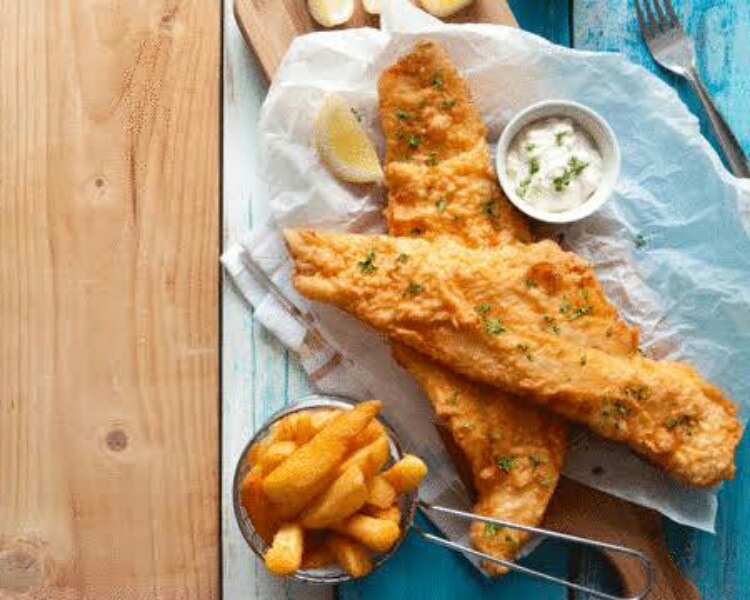People are looking out for nutritious and sustainable diets that keep them healthy and do not harm the environment. Plant based foods are gaining popularity. Fishless fish is one of them. If has a lot of health and environmental benefits.
Fishing and its effects
Fish has been a source of food since time immemorial. Our ancestors used to hunt and fish and consume them as a source of nutrients. Fish and seafoods are high in proteins and omega 3 fatty acids. Moreover, they have a lot of vitamins and minerals in them.

As per the Food and Agriculture Organization of The United Nations (FAO), the mean annual increase in total fish consumption was 3.1% from 1961 to 2017. If we look at the per capita terms, the annual mean fish consumption increased from 9 kg in the year 1961 to approximately 20.5 kg in 2018. In 2018, the global capture of fish was highest at 96.4 million tons. With this, there is risk of overfishing and its consequences.
What is fishless fish? Its advantages
Fishless fish are plant alternatives for fish. Attempts are on to innovate and find plant foods that can resemble fish in taste, quality, and nutrition. Soy seems to meet the criteria. It has omega 3 fatty acids and proteins similar to seafoods. It is available globally and is relatively cheap. With new techniques, scientists are trying to improve its protein, decrease its anti-nutrients, and enhance its digestive capability. It has low cholesterol and saturated fats and therefore it is healthy.

PETA and such animal welfare organizations are urging people to stop cruelty towards animals. Plant based foods are healthy and prevent diseases. They can help save 8 million lives by 2050, says a July 2021 report of The Vegan Society. They add that it can cut global warming to an enormous extent and save people and crops from its ill effects.
Moreover, fishless fish can mitigate the bad effects of commercial fishing. And, the biomagnification process is a matter of concern for nutritionists and seafood consumers. Because it can increase risk of cancer, liver and kidney problems, respiratory disorders and also several heart diseases. Therefore, more and more people are opting for fish alternatives.
These fish alternatives are good for allergic individuals and are 100% vegan.
Challenges
The craze for seafoods and concern for environment will boost the sales of these vegan fish alternatives. Future Market Insights (FMI) forecasted last year that the global plant-based fish market will increase by a 28% CAGR between 2021- 2031.
But this industry has some real challenges. The equipment for it are costly, more research and experts in this field are needed, and the complexity of the production process of these fish alternatives.

Therefore the fishless fish products are costlier leading to less sales.
Also, read Plant-based meats vs real meat: which is better?
Moreover, covid-19 pandemic and lockdown disrupted the supply of raw materials and component supplies for the industry. There were restrictions on intercounty trading and the pandemic also impacted the demands.
